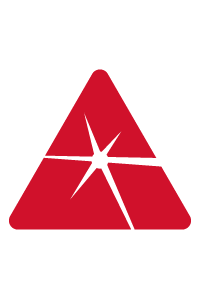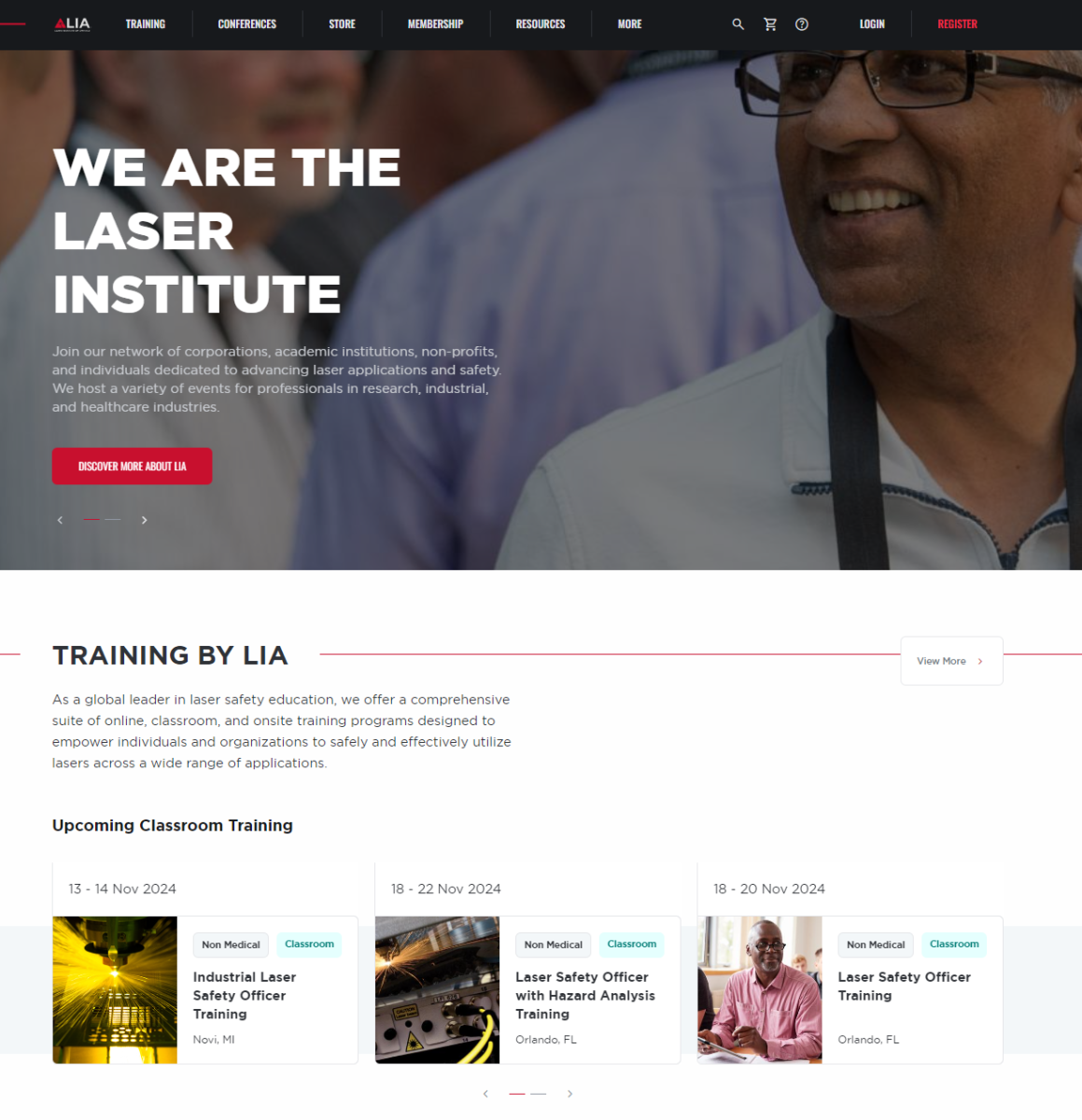Product Code: JLA_6_2_69
Authors:
D. H. Abbott
C. E. Albright
The most widely used shielding gases for laser welding of steels are helium and argon. Helium produces significantly more penetration than argon in penetration‐mode laser beam welding. Another gas that has been proposed as an alternative to these inert gases is carbon dioxide. The benefits of using carbon dioxide as a shielding gas for laser welding are that it costs less than helium and argon and that it provides nearly the same penetration as helium. The major drawback to its use as a shielding gas for mild steel is that it can cause porosity and other weld discontinuities. In this investigation helium and carbon dioxide were investigated as shielding gases in the laser welding of a fully killed 1018 steel, a semikilled 1018 steel, and an unkilled 1018 steel. Helium was generally found to produce discontinuity‐free welds, although small quantities of very fine centerline porosity were observed in the fully killed and semikilled steels. Carbon dioxide was found to provide an average of 70% of the penetration obtained with helium. The surface appearance and formation of porosity in welds made using carbon dioxide shielding was found to be dependent on the amount of deoxidizing element in the weld pool. While porosity‐free welds were formed in the semikilled steel (0.22% Si), low silicon or other deoxidizer content resulted in poor surface appearance and entrapped porosity in both the fully killed and unkilled steels in this investigation, presumably due to the formation of carbon monoxide in the weld pool. The addition of ferrosilicon powder to the weld pool effectively controlled the formation of carbon monoxide in these welds and resulted in porosity‐free welds with carbon dioxide shielding. The results of this investigation indicate that carbon dioxide can be used as a cost‐effective shielding gas for penetration‐mode welding of carbon steels. It was found that sufficient levels of deoxidizing elements must, however, be available in the molten pool to control porosity.

$25.00
Members: $25.00
Note: When applicable, multiple quantity discounts are applied once the items are added to your cart.

